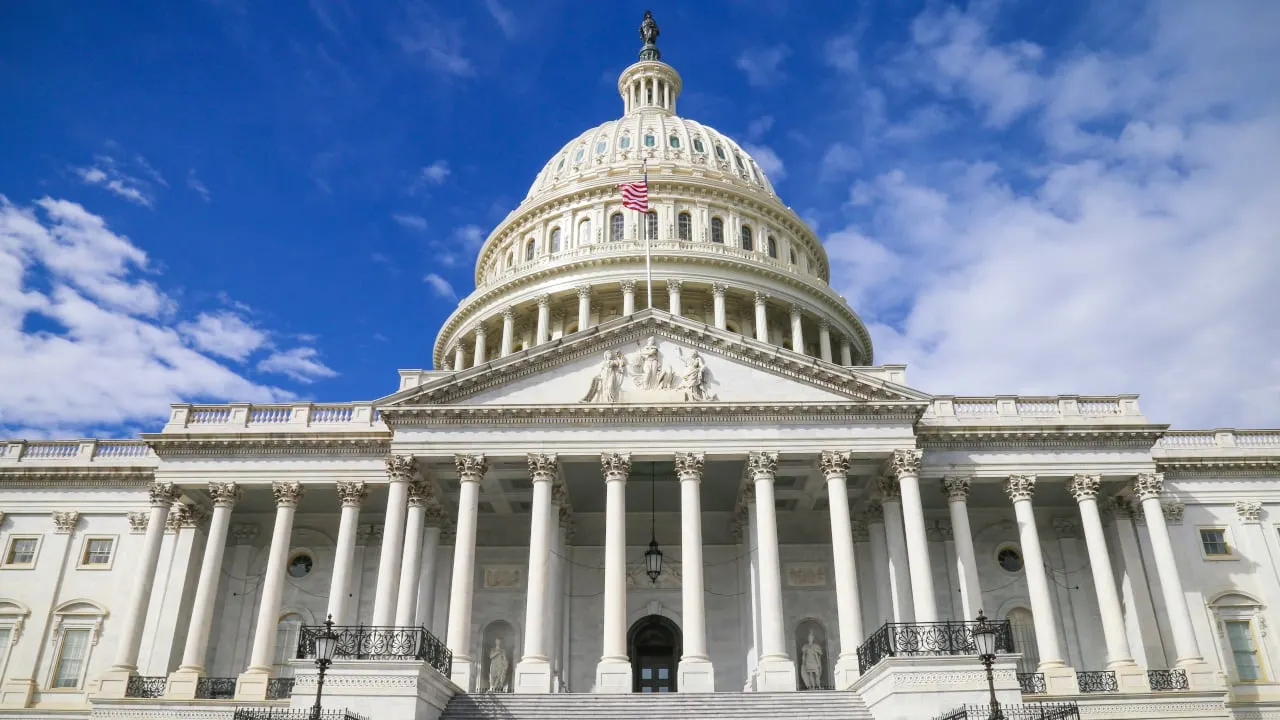The U.S. House of Representatives is officially investigating whether leading crypto firms were secretly “debanked” during the Biden administration.
On Friday, Rep. James Comer (R-KY), chair of the House Oversight Committee, informed numerous industry founders and lobbyists that the inquiry is already underway.
“The Committee… is investigating improper debanking of individuals and entities based on political viewpoints or involvement in certain industries such as cryptocurrency and blockchain,” Comer wrote, in a letter sent to Andreessen Horowitz co-founder Marc Andreessen, Coinbase CEO Brian Armstrong, and Uniswap founder Hayden Adams, among others.
For years, top crypto executives have claimed that former President Joe Biden’s administration pressured U.S. banks to deny them services, as a means to strangle the industry’s ability to function.
Though numerous Biden officials—including former SEC head Gary Gensler—denied any involvement in such a plot, dubbed “Operation Choke Point 2.0,” recently disclosed correspondences between the FDIC and member banks do appear to show a coordinated push to freeze the adoption of crypto in America’s banking system.
In November, Andreessen claimed during an appearance on Joe Rogan’s podcast to have direct knowledge of over 30 tech founders, many of whom work in crypto, who suddenly lost access to banking services during Biden’s time in office.
Friday’s letter explicitly mentioned that interview, asking Andreessen—and others with similar knowledge—to come forward with specific details about this alleged debanking.
The letter also ties the perceived economic persecution of crypto leaders to that of Trump family members, including Melania Trump. In her recent autobiography, which is quoted in today’s correspondence, the First Lady claimed that both she and her son, Barron, were also debanked during the Biden years.
“These examples are startling, and the Committee is investigating whether this debanking practice originates from the financial institutions themselves or from either implicit or explicit pressure from government regulators,” Chair Comer wrote.
Crypto leaders already appear excited to cooperate with the investigation.
“Lawful crypto organizations and individuals need bank accounts to pay rent, pay taxes, and pay employees—denying them these basic financial services is wrong and should never happen in the United States of America,” Kristin Smith, CEO of the Blockchain Association, a crypto lobbying group, said in a statement shared with Decrypt. “We’re eager to get to the bottom of this and end this unlawful practice once and for all.”
Donald Trump’s return to the White House this week has already brought about a seismic shift in the federal government’s approach to crypto.
On Thursday, the president signed a sweeping crypto executive order that may soon pave the way for a strategic government crypto reserve. Hours later, the newly Republican-controlled SEC rescinded SAB 121, an agency rule that discouraged U.S. banks from holding crypto.
Even employees of the federal agencies accused of participating in Operation Choke Point 2.0 have become more outspoken in recent weeks. Earlier this month, Travis Hill, Vice Chair of the FDIC, called in a speech for the regulator to overhaul its approach to digital assets and “put an end to any and all Choke Point-like tactics.”
Edited by Andrew Hayward

